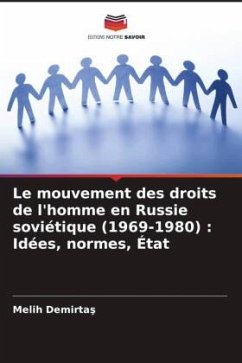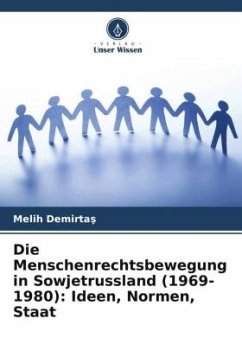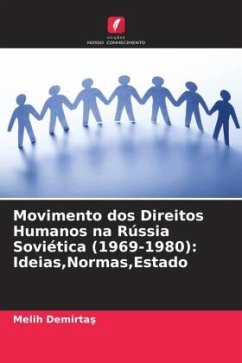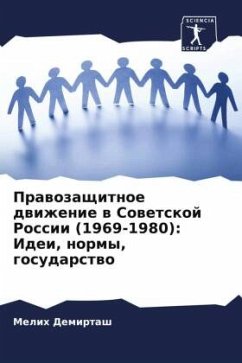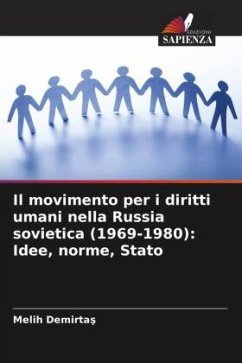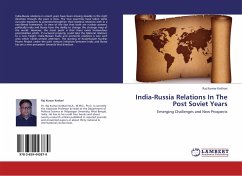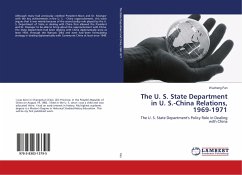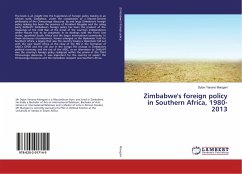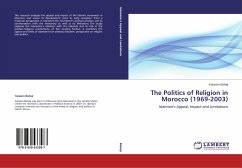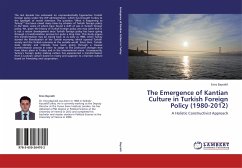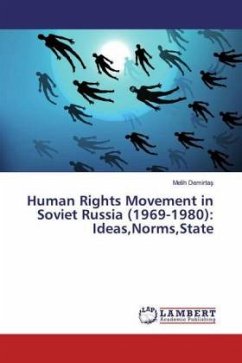
Human Rights Movement in Soviet Russia (1969-1980): Ideas,Norms,State
Versandkostenfrei!
Versandfertig in 6-10 Tagen
41,99 €
inkl. MwSt.

PAYBACK Punkte
21 °P sammeln!
This work attempts to shed light on the difficulties of defending international norms and the idea of human rights against the dominance of the State and its interests, which are explained essentially by the rationalists and the political realists in domestic and international affairs, by focusing the clash between the Soviet state and the Soviet (Russian) dissidents throughout the détente period (1969-1980). The history of prominent dissident activities in Soviet Russia began during the de-Stalinization period after 1956. However, human rights movements in the Soviet Union were affected to a...
This work attempts to shed light on the difficulties of defending international norms and the idea of human rights against the dominance of the State and its interests, which are explained essentially by the rationalists and the political realists in domestic and international affairs, by focusing the clash between the Soviet state and the Soviet (Russian) dissidents throughout the détente period (1969-1980). The history of prominent dissident activities in Soviet Russia began during the de-Stalinization period after 1956. However, human rights movements in the Soviet Union were affected to a great extent by the international environment in 1970s, when norms became more significant in bilateral relations, and human rights-idea began to constitute the source of a normative challenge to pure realist explanations based on power, self-interest and anarchy. In this regard, the primary purpose of the constructivist perspective of this book regarding the internationalization of norms and principles is to analyze the dissidence activities nurtured by the international human rights-idea in Soviet Russia despite the presence of rationalist policy changes, statist continuities and stalemates.



